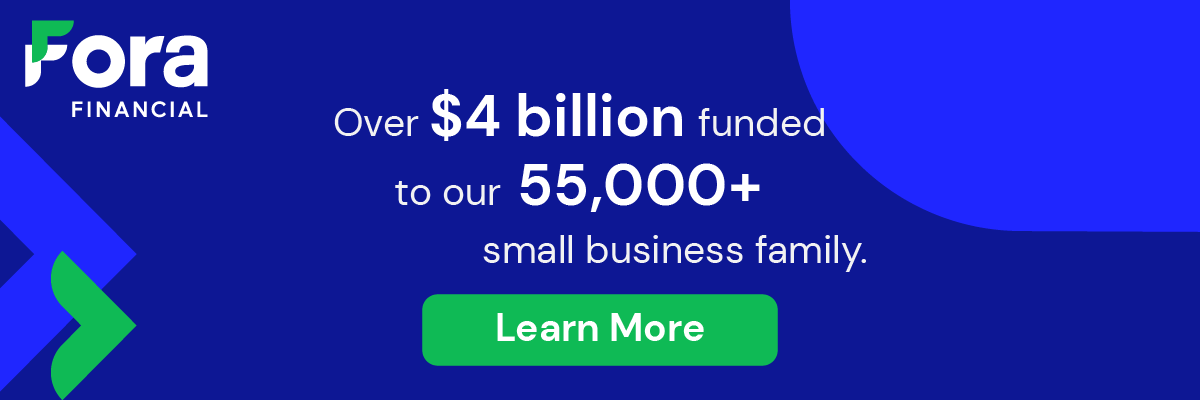When it comes to business financing, you have a myriad of options. While traditional loans often require personal guarantees, non-recourse business loans offer a unique alternative that limits the borrower's liability. These loans allow you to secure funding without risking your personal assets beyond the collateral used to back the loan. But what is a non-recourse business loan, and how does it work? Whether you’re a business owner, an investor, or simply curious, this article will provide the insights you need.
What Are Non-Recourse Business Loans?
So, what is a non-recourse loan, exactly? These loans offer unique benefits by limiting the borrower's liability to the collateral securing the loan. This means that if the borrower defaults, the lender can only claim the specified collateral and cannot pursue the borrower’s personal assets. For businesses seeking to protect their owners from personal liability, non-recourse loans can be a game-changer.
Differences Between Non-Recourse Loan vs. Recourse Loan
Non-Recourse Loan
In a non-recourse loan, the lender's recovery is restricted to the collateral, such as property or equipment. If the borrower defaults, they’re not personally responsible for any shortfall between the collateral’s value and the loan balance.
Recourse Loan
The lender can go beyond the collateral and pursue the borrower’s personal assets to recover the remaining debt in a recourse loan. This creates greater risk for the borrower but often comes with easier qualification criteria and lower interest rates.
Advantages and Considerations of Non-Recourse Loans
Advantages
- Limited Liability: Borrowers are not personally liable beyond the collateral, offering peace of mind and financial protection.
- Asset Protection: Personal assets remain secure, even in the event of default, safeguarding the borrower's wealth.
- Encourages Investment: Non-recourse loans reduce risk for investors, making them more likely to fund projects or ventures.
Considerations
- Stricter Requirements: Lenders often require high-value collateral, making it challenging for some businesses to qualify.
- Higher Costs: Interest rates on non-recourse loans tend to be higher due to the increased risk for lenders.
- Limited Availability: These loans are less common than recourse loans, narrowing the pool of potential lenders.
What Are Non-Recourse Business Loans?
So, what is a non-recourse loan, exactly? These loans offer unique benefits by limiting the borrower's liability to the collateral securing the loan. This means that if the borrower defaults, the lender can only claim the specified collateral and cannot pursue the borrower’s personal assets. For businesses seeking to protect their owners from personal liability, non-recourse loans can be a game-changer.
Differences Between Non-Recourse Loan vs. Recourse Loan
Non-Recourse Loan
In a non-recourse loan, the lender's recovery is restricted to the collateral, such as property or equipment. If the borrower defaults, they’re not personally responsible for any shortfall between the collateral’s value and the loan balance.
Recourse Loan
The lender can go beyond the collateral and pursue the borrower’s personal assets to recover the remaining debt in a recourse loan. This creates greater risk for the borrower but often comes with easier qualification criteria and lower interest rates.
Advantages and Considerations of Non-Recourse Loans
Advantages
- Limited Liability: Borrowers are not personally liable beyond the collateral, offering peace of mind and financial protection.
- Asset Protection: Personal assets remain secure, even in the event of default, safeguarding the borrower's wealth.
- Encourages Investment: Non-recourse loans reduce risk for investors, making them more likely to fund projects or ventures.
Considerations
- Stricter Requirements: Lenders often require high-value collateral, making it challenging for some businesses to qualify.
- Higher Costs: Interest rates on non-recourse loans tend to be higher due to the increased risk for lenders.
- Limited Availability: These loans are less common than recourse loans, narrowing the pool of potential lenders.
Types of Non-Recourse Business Loans
Commercial Real Estate Loans
A non-recourse commercial loan is commonly used in commercial real estate transactions. These loans allow businesses to purchase or refinance properties like office buildings, retail spaces, or warehouses. The property itself acts as collateral, meaning lenders can seize it in case of default but cannot pursue the borrower's personal assets. This makes it a popular option for developers and investors seeking to minimize personal financial risk while acquiring high-value properties.
Equipment Financing
Businesses that rely on costly equipment can benefit from non-recourse equipment financing. This type of loan helps companies acquire essential tools, machinery, or vehicles needed for operations. The financed equipment serves as collateral, offering businesses a way to scale operations without jeopardizing other assets. This type of financing is especially beneficial for industries like manufacturing, construction, and transportation.
Project Financing
Large-scale projects, such as infrastructure development or renewable energy initiatives, often utilize non-recourse project financing. These loans are secured by the project's future revenues and assets, making them ideal for ventures with high upfront costs and extended timelines. Borrowers benefit from reduced personal liability, while lenders assess the project’s feasibility and potential profitability before approval.
Securitized Loans
Non-recourse securitized loans are backed by financial assets, such as bonds, receivables, or other securities. These loans allow businesses to leverage their financial portfolios to secure funding without risking personal or additional business assets. They are frequently used by organizations with strong asset bases that need to raise capital efficiently for various purposes, from expansion to restructuring.
Taxes on Non-Recourse Loans
There are specific tax implications when dealing with these types of loans. For instance, if a lender forgives non-recourse business loans, the IRS typically considers the forgiven amount as income, which the borrower must report. However, if the collateral is seized, the borrower may not face additional tax liability beyond the fair market value of the collateral. Consulting with a tax professional is essential to navigate these nuances and avoid unexpected tax burdens.
Who Qualifies for Non-Recourse Financing?
Non-recourse financing is ideal for businesses or investors with substantial collateral and strong creditworthiness. Lenders look for high-value, easily liquidated assets to minimize risk. Additionally, industries such as commercial real estate or energy projects often meet the criteria due to their tangible, marketable assets.
How to Get a Non-Recourse Loan
To secure this type of loan, start by researching non-recourse commercial lenders who specialize in this type of financing. As you set about the process of how to get a non-recourse loan, you should prepare detailed financial records, including business plans, collateral valuations, and credit reports. Lenders will closely examine these documents to assess risk. Strong collateral and a robust repayment plan improve your chances of approval.



